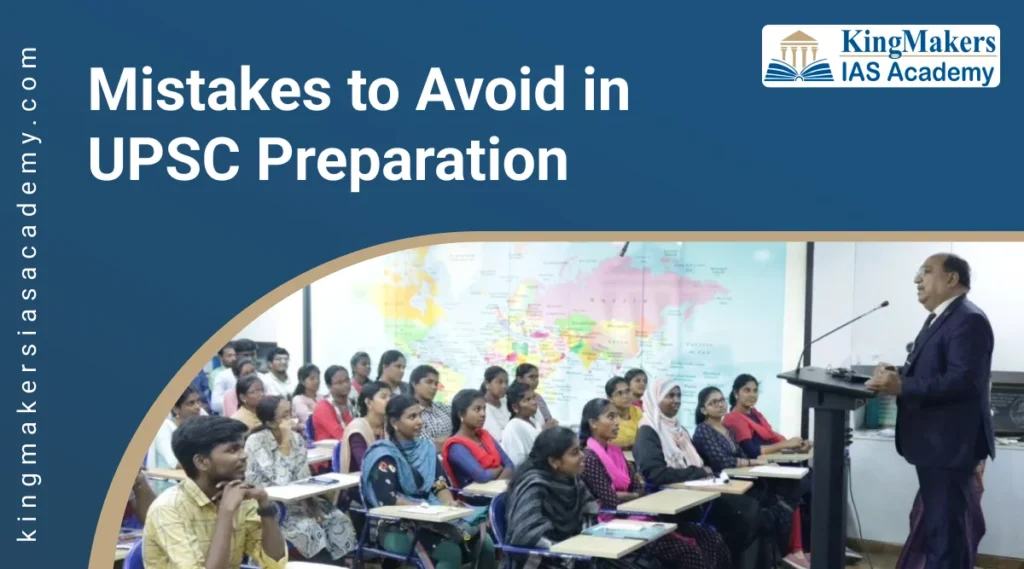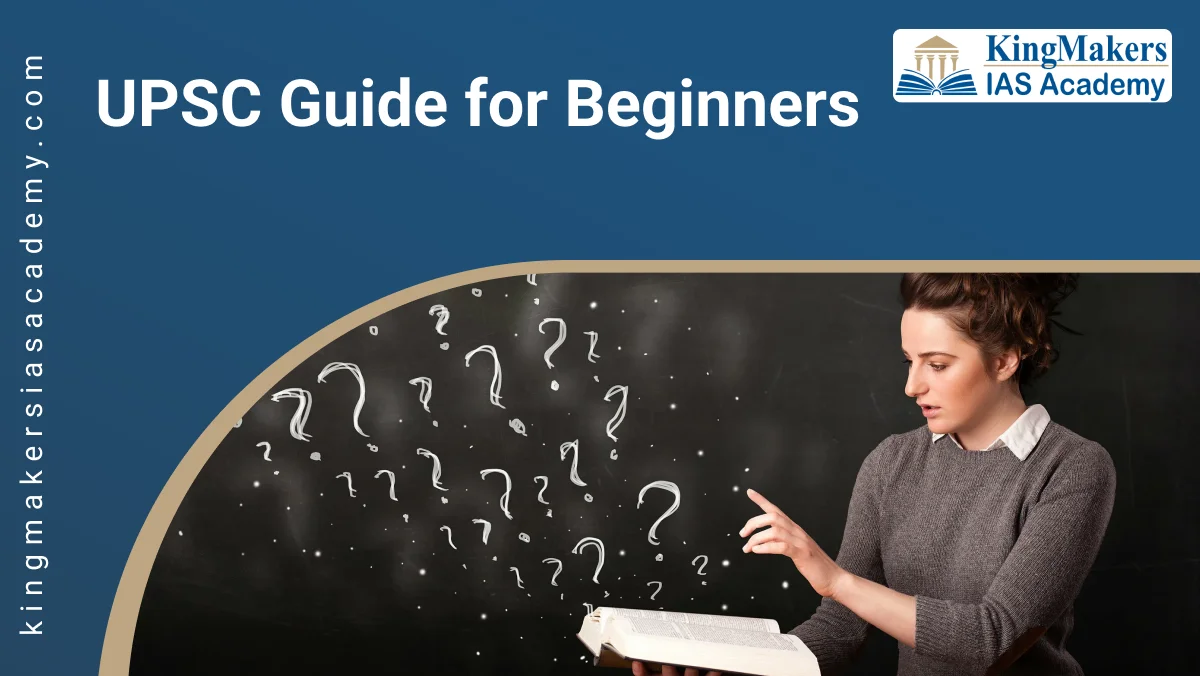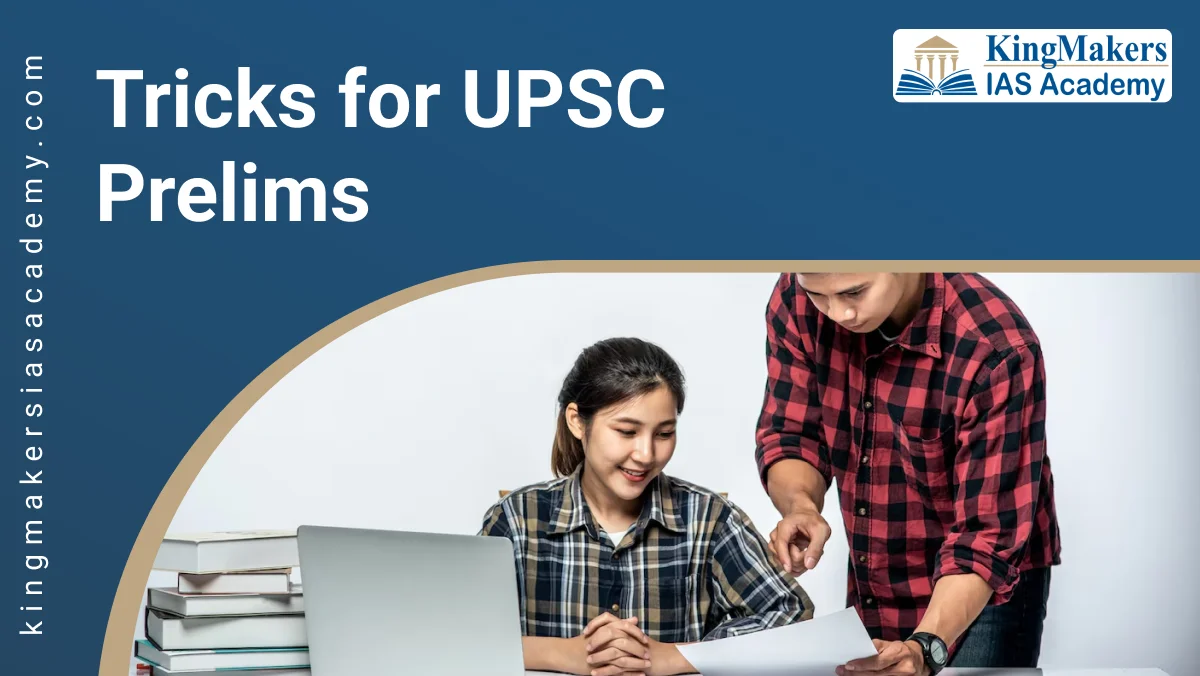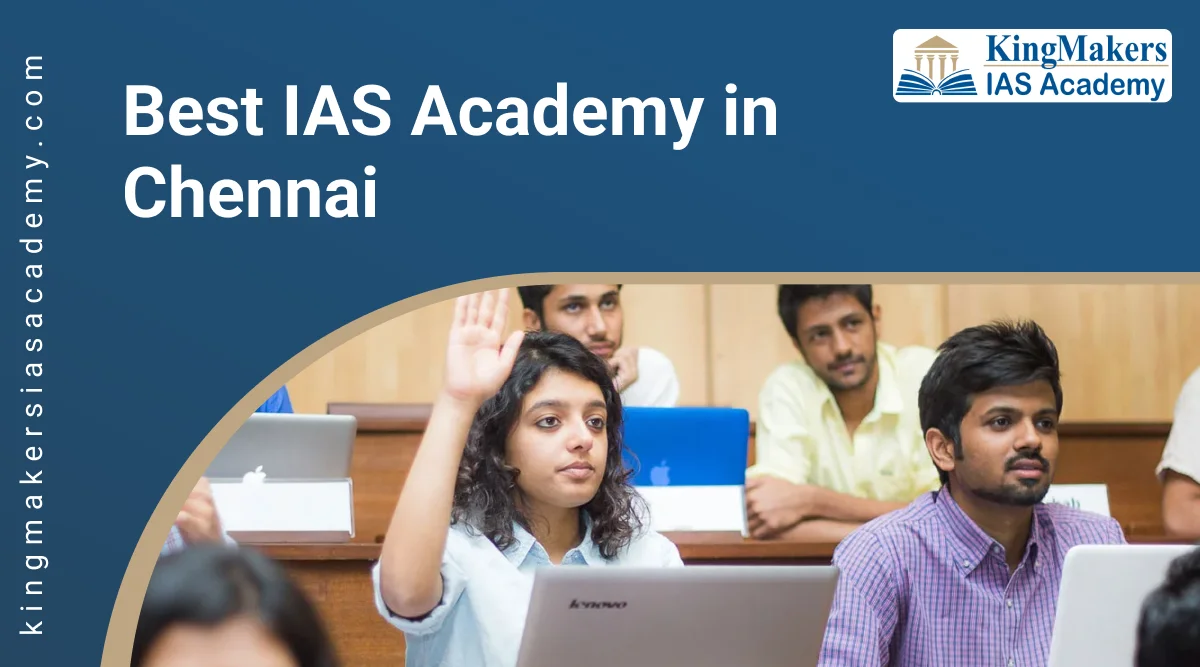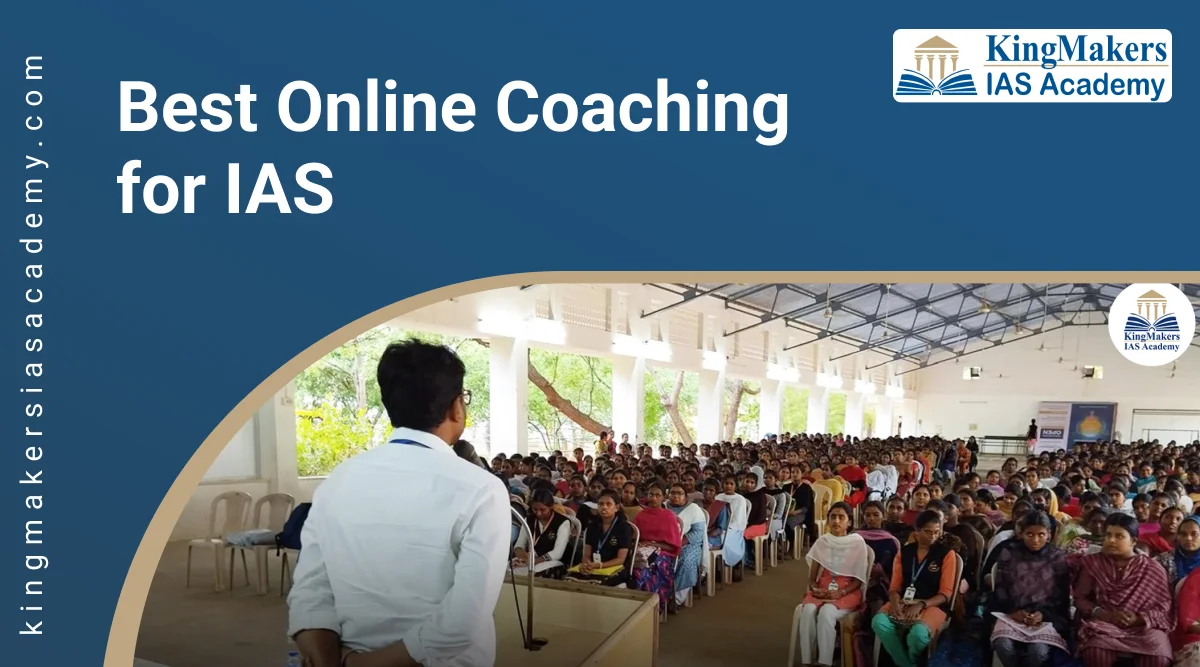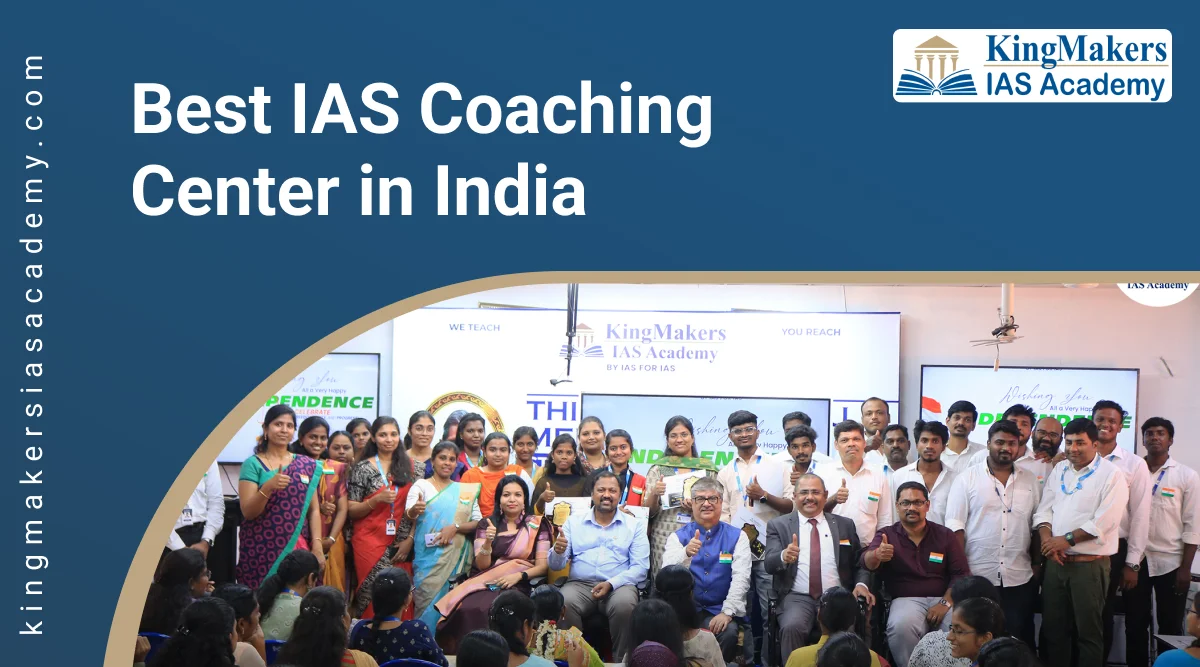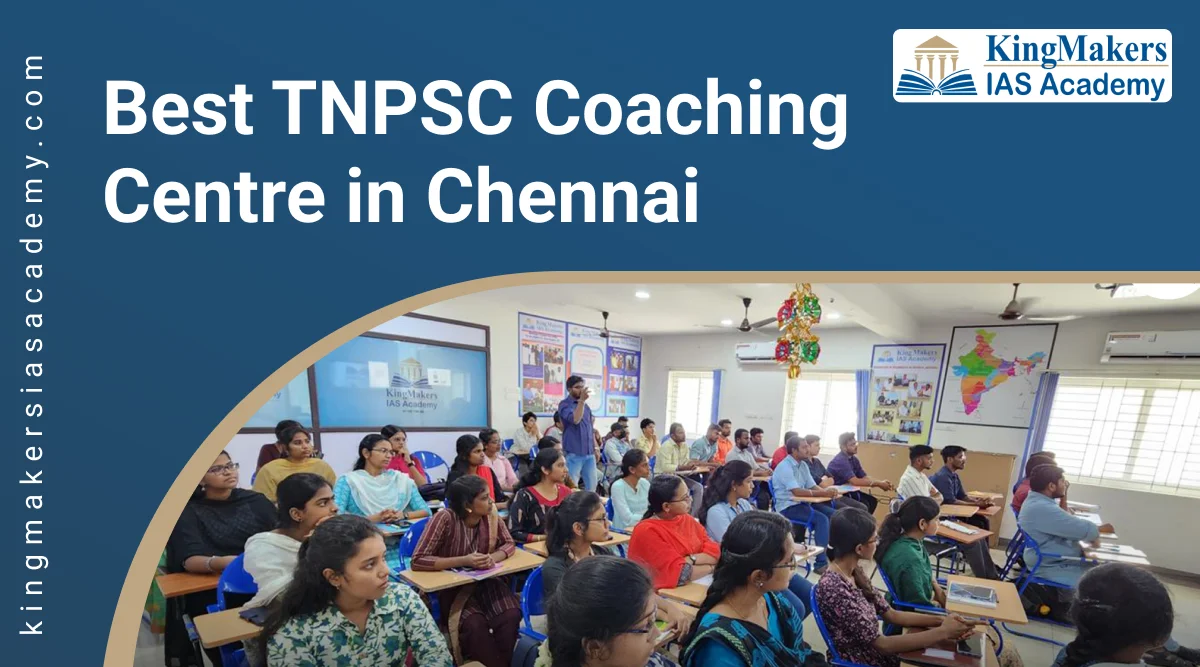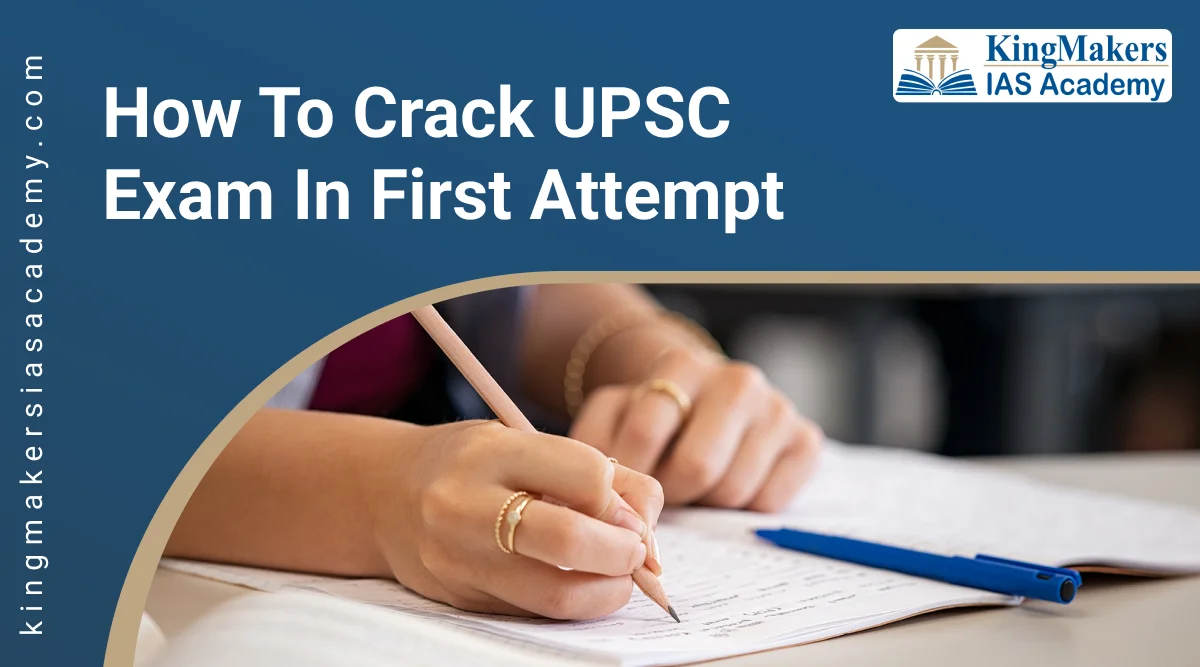Preparing for the Union Public Service Commission (UPSC) exam is a demanding and extensive process that requires strategic planning, dedication, and perseverance. As one of the toughest competitive exams in India, it is common for aspirants to make several mistakes in UPSC preparation. Understanding these pitfalls and actively avoiding them can significantly enhance the chances of success.
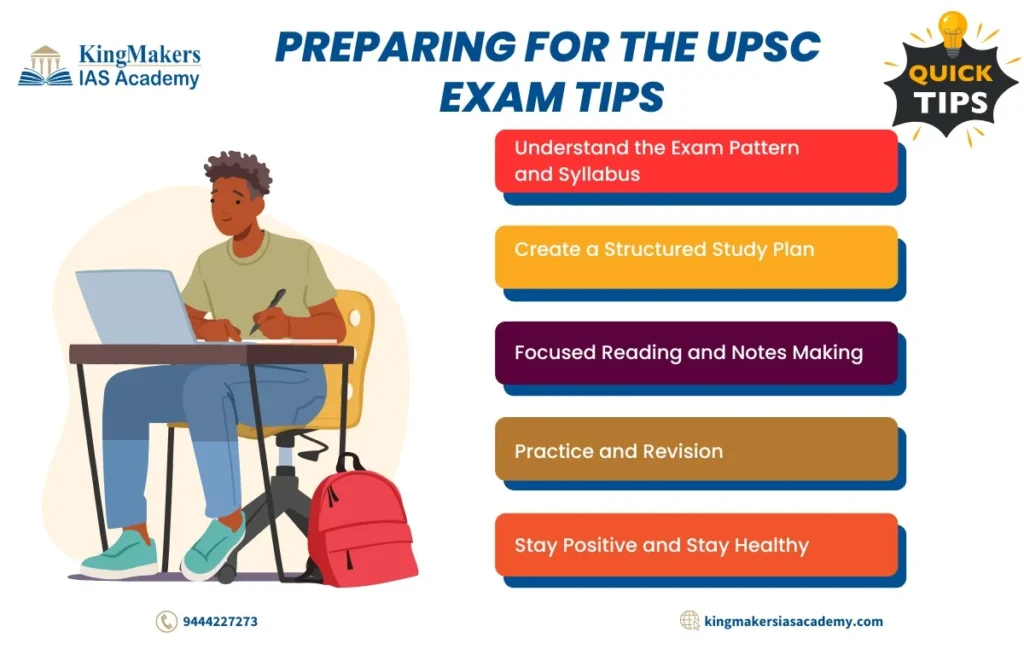
Common Mistakes to Avoid in UPSC Preparation
Here are some crucial mistakes to avoid in UPSC preparation.
Lack of a Clear Strategy
One of the biggest mistakes in UPSC preparation is starting without a clear and comprehensive strategy. Aspirants often jump into the study material without understanding the syllabus, exam pattern, or the weightage of different subjects. This approach can lead to inefficient use of time and resources. A well-planned strategy should include a thorough understanding of the syllabus, a realistic timetable, and a step-by-step plan for covering each topic.
Ignoring the Syllabus
The UPSC syllabus is vast, but it is also the most important guide for your preparation. Ignoring the syllabus or not referring to it regularly are the common mistakes to avoid in UPSC preparation as it can lead to studying irrelevant topics or missing out on crucial ones. Always keep a copy of the syllabus handy and cross-check it with your study materials and progress.
Over-reliance on Coaching Institutes
Many aspirants believe that joining a reputed coaching center is a guaranteed way to clear the exam by avoiding the mistakes in UPSC preparation. However, self-study, consistent practice, and personal efforts are irreplaceable. Coaching should complement your preparation, not be the sole foundation.
Inadequate Revision
Given the breadth of the syllabus, regular revision is crucial. The common mistakes to avoid in UPSC preparation is underestimating the importance of revision. Without revisiting topics, it’s easy to forget what you have studied. Allocate specific time slots for revision in your study plan to ensure that you retain the information effectively.
Ignoring Answer Writing Practice
UPSC Mains requires descriptive answers, and many aspirants make the mistake of not practicing answer writing. Writing clear, concise, and relevant answers within the time limit is a skill that needs regular practice. Start answer writing practice early, and regularly seek feedback to improve your mistakes in UPSC preparation.
Neglecting Current Affairs
Current affairs play a significant role in both Prelims and Mains. A common mistake is to focus only on static subjects and ignore current events. Regularly reading newspapers, following credible news sources, and using monthly current affairs compilations can keep you updated.
Poor Time Management
Effective time management is key to balancing the vast syllabus. Many aspirants struggle with managing their time, leading to incomplete preparation. Prioritize subjects based on your strengths and weaknesses, allocate time wisely, and stick to your timetable as it can help you avoid the mistakes in UPSC preparation.
Inconsistent Study Routine
Consistency is crucial in UPSC preparation. An inconsistent study routine, with periods of intense study followed by long breaks, can disrupt your momentum and retention. Maintain a steady and disciplined study schedule to ensure continuous progress.
Relying Solely on One Source
Relying on a single source for preparation is one of the common mistakes in UPSC preparation. While having preferred books and resources is good, diversifying your study materials can provide different perspectives and a deeper understanding of topics. Use multiple sources for each subject, including NCERT books, standard reference books, and online resources.
Underestimating the Importance of Optional Subject
The optional subject can impact your final score significantly. Many aspirants choose their optional subject based on trends or peer pressure, rather than their own interest and understanding. Choose an optional subject you are comfortable with and have a genuine interest in, as this will make studying it more manageable and enjoyable.
Neglecting Health and Well-being
The stress and long hours of study can take a toll on your health. Neglecting physical and mental well-being is one of the serious mistakes in UPSC preparation. Ensure you get adequate sleep, eat nutritious food, exercise regularly, and take short breaks to relax. A healthy body and mind can enhance your study efficiency and focus.
Skipping Mock Tests
Mock tests are essential for evaluating your preparation and identifying weaknesses. Many aspirants avoid mock tests due to the fear of poor performance. This is one of the common mistakes to avoid in UPSC preparation because regular mock tests help you get familiar with the exam pattern, improve time management, and build confidence. Analyze your performance in each test and work on the areas that need improvement.
Ignoring Previous Years’ Question Papers
Previous years’ question papers are a goldmine for understanding the exam pattern, the type of questions asked, and the difficulty level. Ignoring these can be one amongst the costly mistakes in UPSC preparation. Regularly solving past papers can provide insights into important topics and help in better preparation.
Unrealistic Expectations
Setting unrealistic goals and expectations can lead to frustration and burnout. Many aspirants aim for perfection in every topic, which is impractical given the vast syllabus. Instead, focus on understanding concepts and improving gradually. Set achievable targets and celebrate small victories.
Not Seeking Help
Preparing for UPSC can be overwhelming, and it’s important to seek help when needed especially to avoid mistakes in UPSC preparation. Many aspirants hesitate to ask for guidance or clarify doubts, leading to confusion and stress. Join study groups, participate in online forums, and seek mentorship from experienced candidates or teachers.
Conclusion
To conclude, avoiding these common mistakes in UPSC preparation can pave the way for a more effective and efficient study process. Remember, success in the UPSC exam is not just about hard work but also about smart work, strategic planning, and maintaining a balanced approach. Stay focused, be consistent, and keep learning from your mistakes and experiences. With determination and the right approach at KingMakers IAS Academy, cracking the UPSC exam is achievable.
Check Out More: Best IAS Academy in Chennai.

